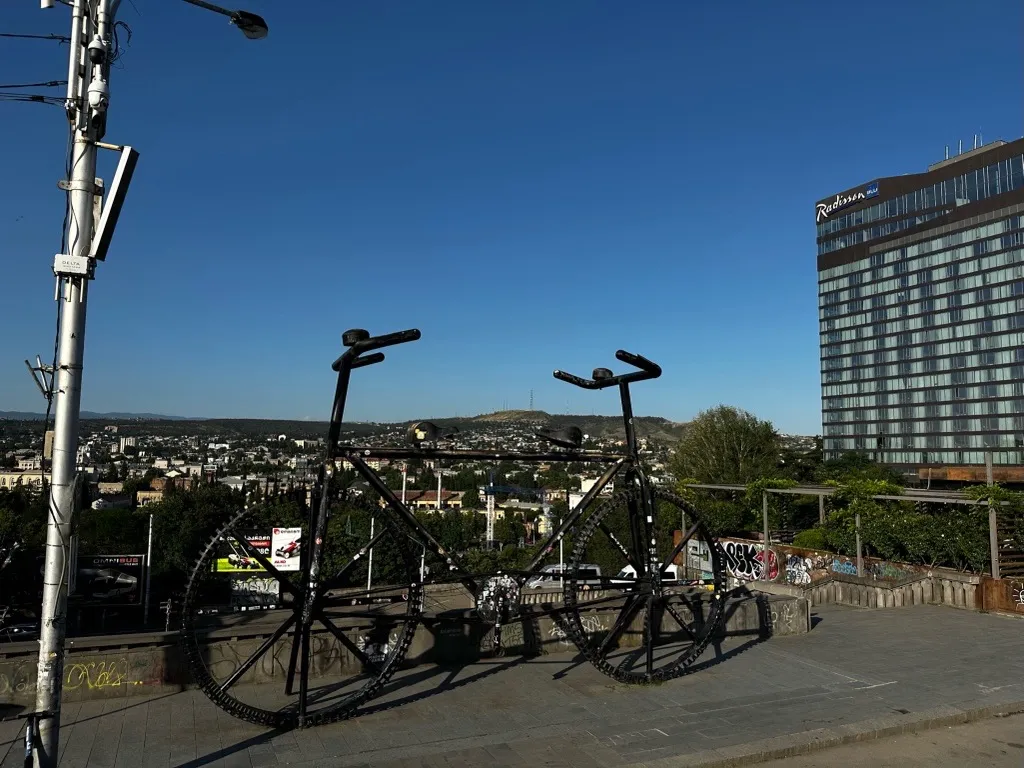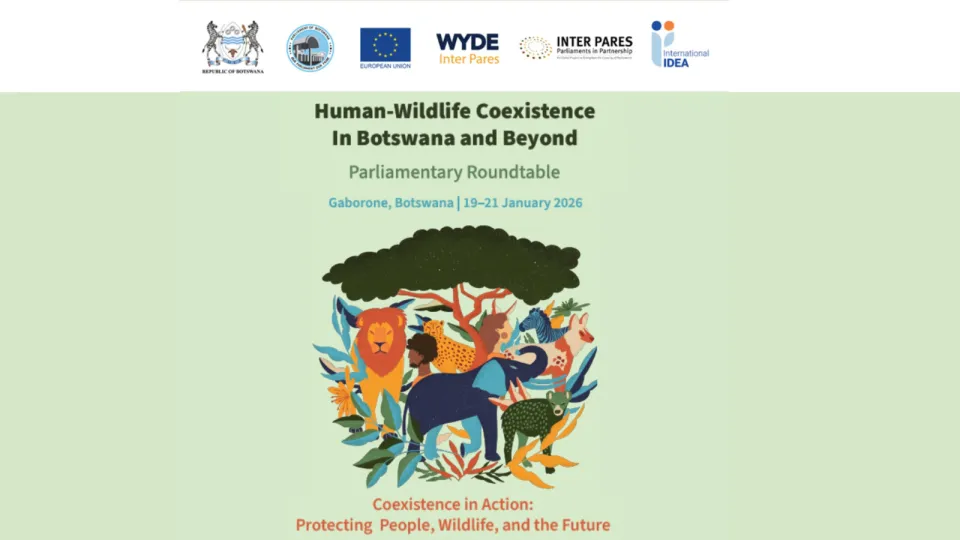Explainer: Disconnects between mass and elite priorities in Georgia’s 2024 election

Disclaimer: Opinions expressed in this commentary are those of the author and do not necessarily represent the institutional position of International IDEA, its Board of Advisers or its Council of Member States.
The notion of a shifting world order has become a mainstay in discussions of geopolitics in the last few years. This idea usually has little impact on domestic politics. Yet, in Georgia -- a country often referred to as a bridge between East and West – the issue has become central to the political debate. Georgia’s recent elections were framed in terms of geopolitical alignment between East and West, and particularly through the question of the country’s possible membership in the European Union (EU). The issue polarized Georgia, establishing terms of political debate that operated at a level far removed from the daily concerns of voters. How did this come to be? And, what can we learn about local and international politics from the Georgian experience?
Why is EU membership dominating the political discourse?
The 2024 election campaigns of the ruling party and opposition framed the election in overly simplistic terms. In the campaign, the opposition parties (notably including the United National Movement, UNM) portrayed the election as a binary choice between East and West, wherein any choice other than the opposition would mark an abandonment of the EU integration process. Whilst the opposition highlighted some economic issues relevant to voters, centring the campaign on a pro-European platform overlooked some of the more fundamental issues which drove the demand for EU membership. The ruling Georgia Dream (GD), a party which has progressively undermined democracy, presented the same dichotomy, but through a narrative of war and peace, utilizing imagery in campaigns juxtaposing Ukrainian buildings ravaged by war to similar buildings in Georgia. This narrative contributed to a polarized debate that offered little nuance and which failed to address the concerns voters reported seeing as the most important.
How does this relate to the concerns of Georgian voters in this election?
According to the Caucasus Barometer, the most important issues to Georgian voters concern the economy and more specifically unemployment and poverty. The elite-level fixation on EU membership is connected to popular concerns about the economy, but this discourse brings in much larger and more abstract issues as well. The preoccupation among parties with the cultural issues relating to the EU distracts from the questions more central to voters concerning the economy. Among the electorate 49 per cent support EU integration as they believe their economic conditions would improve. These data indicate that popular interest in EU integration is not merely a matter of cultural affinity towards Europe, but is rather an expression of the desire for economic development and reform.
Among the options presented in the Caucasus Barometer survey, the EU stands out as a trusted institution in Georgia’s current polarized domestic political context. When polled 57 per cent of respondents expressed trust in the EU, whereas the corresponding figure for political parties stood at just 12 per cent (see Graph 1). The importance of the EU to a portion of the population was showcased when large protests erupted following the passing of the repressive foreign agents law by GD, highlighting the disconnect between the narratives promoted by those in power and the Georgian electorate. Contrasting levels of trust in the government (and domestic politics in general) and the EU suggests that as domestic politics has failed to deliver, people are pushed to place their hope in an external actor to bring about change. The recent freezing of EU accession talks thereby highlights the disconnect between the narratives promoted by those in power and the Georgian electorate.
Graph 1: Public trust in various institutions
How does this mass/elite disconnect affect politics?
The polarized and outward-looking political debate in Georgia has frustrated voters and alienated them from the political process. This frustration has over time eroded the trust people place in government and in domestic political institutions, causing people to look toward external actors such as the EU as the agents of change needed to meet society’s demands. The reluctance among the ruling party and the opposition to advance domestic policy proposals that address local economic solutions has made the EU accession process a monumental political issue. The current impasse in this process (to some extent enabled by the criticized official election results that gave a new mandate to GD) has now boiled over into protests, where a combination of frustrations regarding alleged vote-rigging and the freezing of EU accession talks have led citizens to directly express their demands to the government.
Within Georgia there is a disconnect between the political parties and the electorate. This is evidenced in polling data from earlier this year that show that the majority of Georgians do not feel close to any political party (See Graph 2). This is in part because the fragmentation of the opposition parties has left them unable to provide credible alternatives to voters and thus to unseat the ruling GD party since it took power in 2012. As a result, only 3 per cent of Georgians feel close to with UNM compared to 21 per cent for GD (a disparity which is especially pronounced in rural and small urban areas). Despite the lack of strong support for either party in polling data, UNM secured 10.2 per cent of the vote whilst GD won 53.9 per cent in the disputed 2024 election. The lack of affinity for many of the established political parties raises the question of whether parties fail to address the issues which motivate the electorate. Establishing a better connection between elite-level debate and the issues that matter to citizens is an important step for building democratic growth in Georgia.
Graph 2: Political party respondents reported as closest to them




